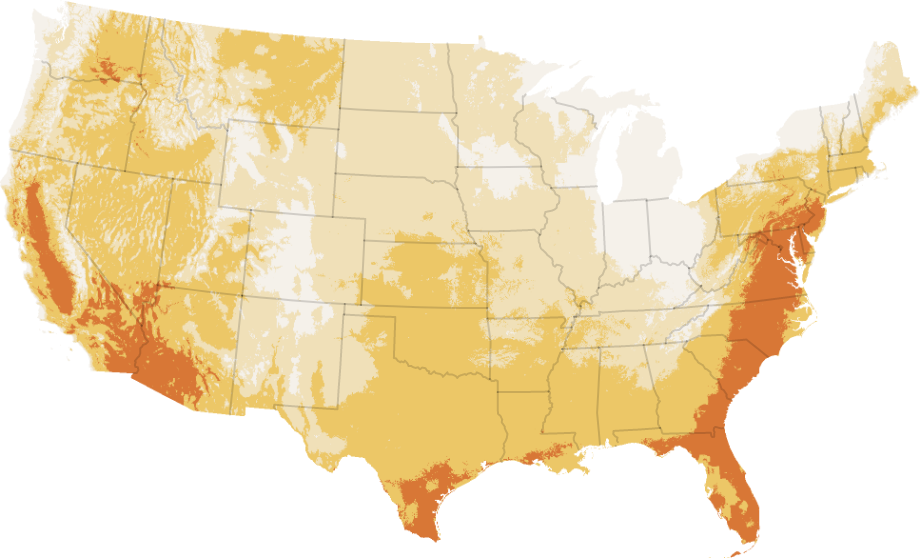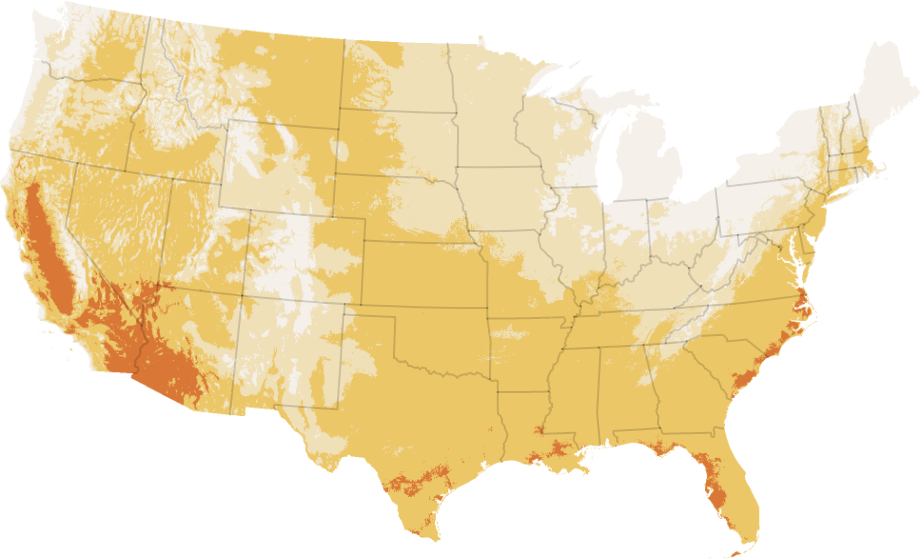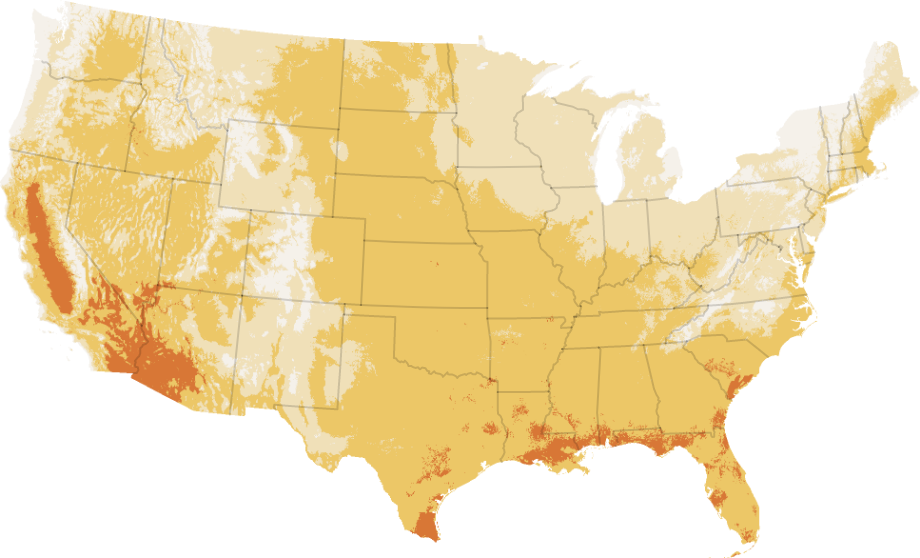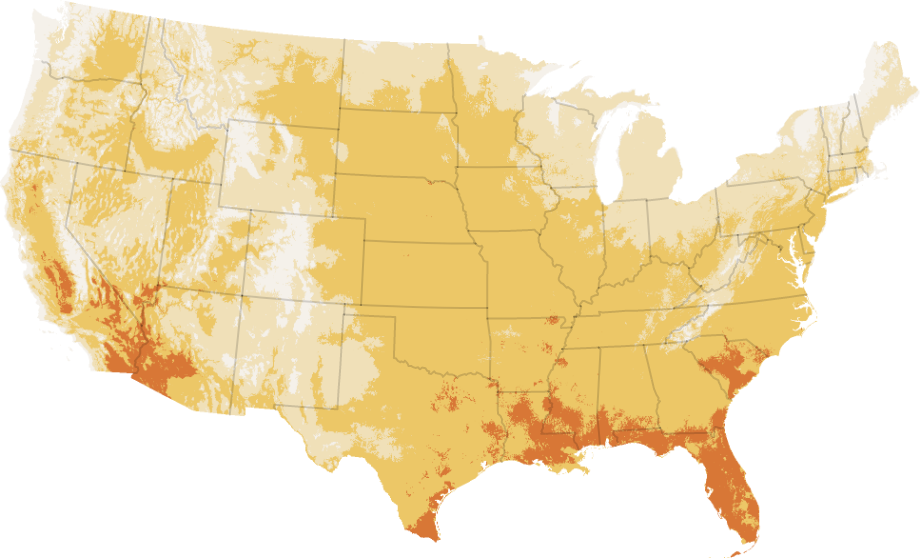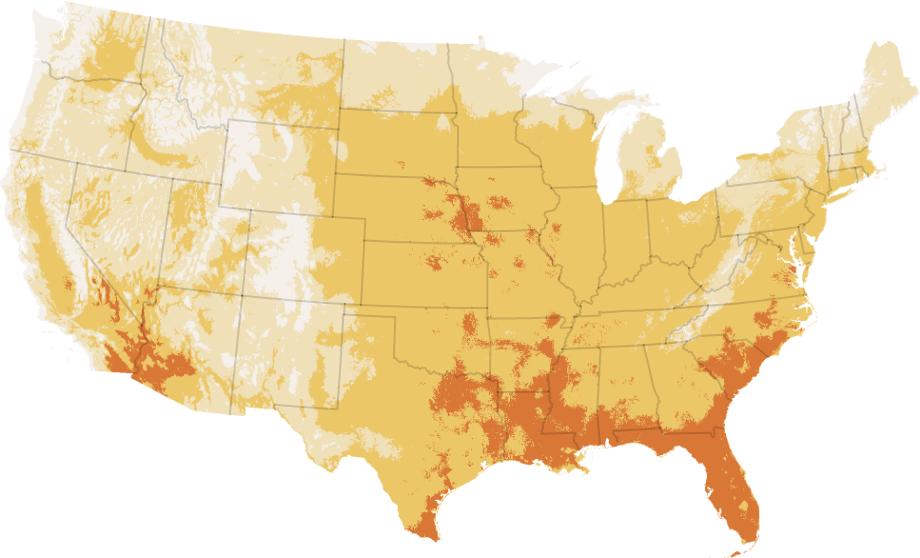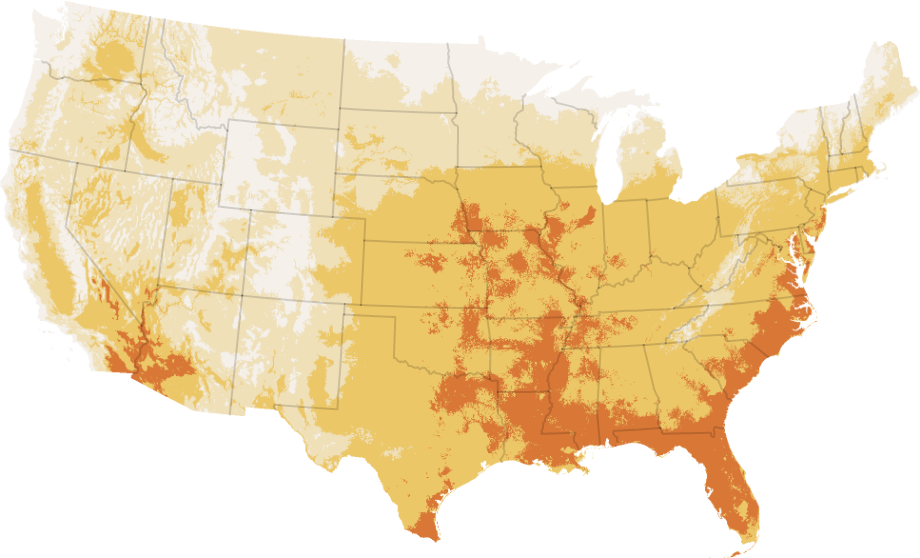Climate change is causing more fires to burn overnight, growing bigger, lasting longer and challenging the fire teams trying to control them.
Over the July 4 weekend, hundreds of fires sparked across California, feeding on the hot, dry conditions of an ongoing heat wave.
But some of these fires were strange.
They grew rapidly and expanded their territory at a time when fires, like people, traditionally rest: at night.
Overnight hours, when temperatures tend to go down and relative humidity, or the amount of water vapor in the air, goes up, can act as a barrier to fire. Overnight, fires tend to creep along, giving firefighters a chance to sleep or manage smaller flames. But human-caused climate change has accelerated nighttime warming more quickly than daytime warming, dismantling this natural shield.
“Night won’t save us,” said Kaiwei Luo, a doctoral student in environmental sciences at the University of Alberta and the lead author of a recent study in the journal Nature that found overnight burning can cause fires to burn larger and longer. “With climate change, we will see more and more overnight burning,” he said.
Using satellite data, Mr. Luo surveyed 23,557 wildfires that occurred between 2017 and 2020 in North America. Less than 2 percent of fires were active enough at night for satellites to capture hot spots between dusk and dawn. But of those nighttime fires, 99 percent were associated with fires larger than 2,400 acres. Over the 52 days the 2020 Creek fire was active, scorching almost 380,000 acres, it burned during 43 nights.
